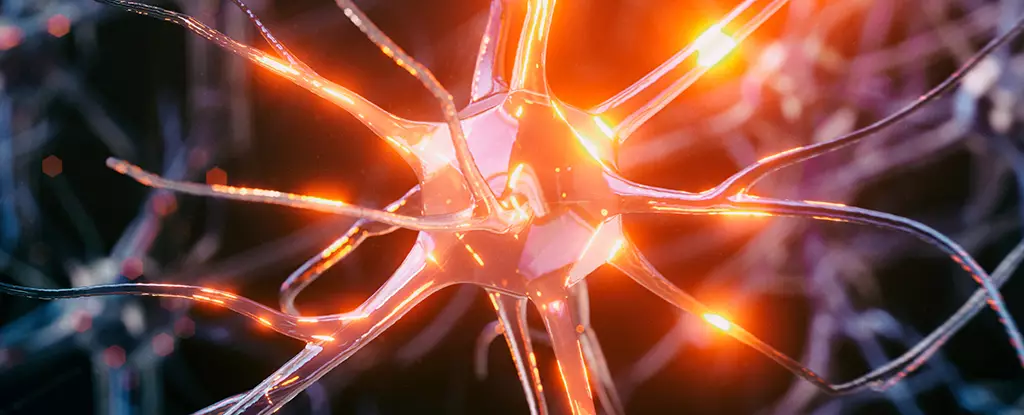Recent clinical trials have brought to light a potential new treatment for Parkinson’s disease in the form of fecal microbiota transplants (FMTs). The transfer of healthy bacteria from donors to patients has shown promising results in improving motoric symptoms associated with the disease. These symptoms include tremors and balance issues, which improved significantly in early-stage Parkinson’s patients who received the transplant. The research team behind the study is optimistic about the possibilities that this treatment could offer in terms of slowing down the progression of Parkinson’s and even potentially reversing its effects.
The method of administering the fecal transplant may raise some eyebrows, as it involves delivering the healthy bacteria through the noses of the patients to reach their small intestine. Despite the less than conventional approach, the results speak for themselves. Out of the 46 patients treated in the study, those who received the transplant showed noteworthy improvements in their symptoms compared to those who received a placebo. The most significant changes were observed after the six-month mark, suggesting that the treatment takes time to show its full effects.
The researchers believe that the improvements observed in the patients may be attributed to changes in gut movement following the fecal transplant. It is also worth noting that participants who received the bacteria transplant experienced a slower progression of constipation, a common issue among individuals with Parkinson’s disease. These findings provide valuable insights into the potential benefits of FMT as a new treatment approach for Parkinson’s, offering hope for enhancing the quality of life for millions of individuals worldwide affected by the disease.
Linking Gut Health to Parkinson’s Disease
Prior research has suggested a possible link between Parkinson’s disease and significant alterations in the gut’s microflora. It is theorized that protein clumps forming in the gut could travel through the vagus nerve and contribute to the neurodegeneration seen in Parkinson’s. By understanding how the gut microbiota influences this process, researchers hope to identify key bacteria that could mitigate the severity of the disease. Despite the complexity of the trillions of bacteria residing in the human gut, advancements in scientific research are shedding light on these intricate interactions.
As the scientific community delves deeper into the potential benefits of fecal transplants for Parkinson’s disease, the focus is now shifting towards identifying specific bacteria that could have a positive impact on symptom management. Securing funding for further research will be crucial in unraveling the intricate relationship between gut health and neurodegeneration in Parkinson’s. Biochemist Debby Laukens emphasizes the importance of determining the key bacteria that could potentially offer relief to individuals battling Parkinson’s symptoms. The road ahead may be challenging, but with continued research efforts, new treatment options could revolutionize the management of Parkinson’s disease.
The novel approach of using fecal transplants to address Parkinson’s symptoms shows promising results and offers hope for individuals living with the disease. By unraveling the complex interplay between gut health, bacteria, and neurodegeneration, researchers are paving the way for innovative treatment strategies that could significantly improve the quality of life for Parkinson’s patients worldwide.



Leave a Reply